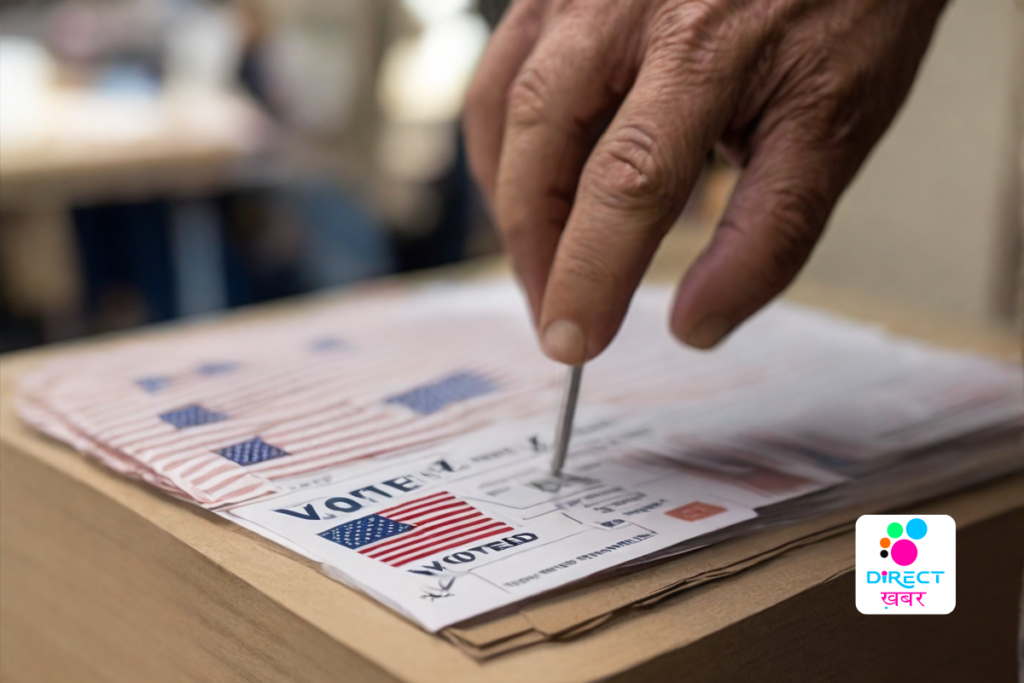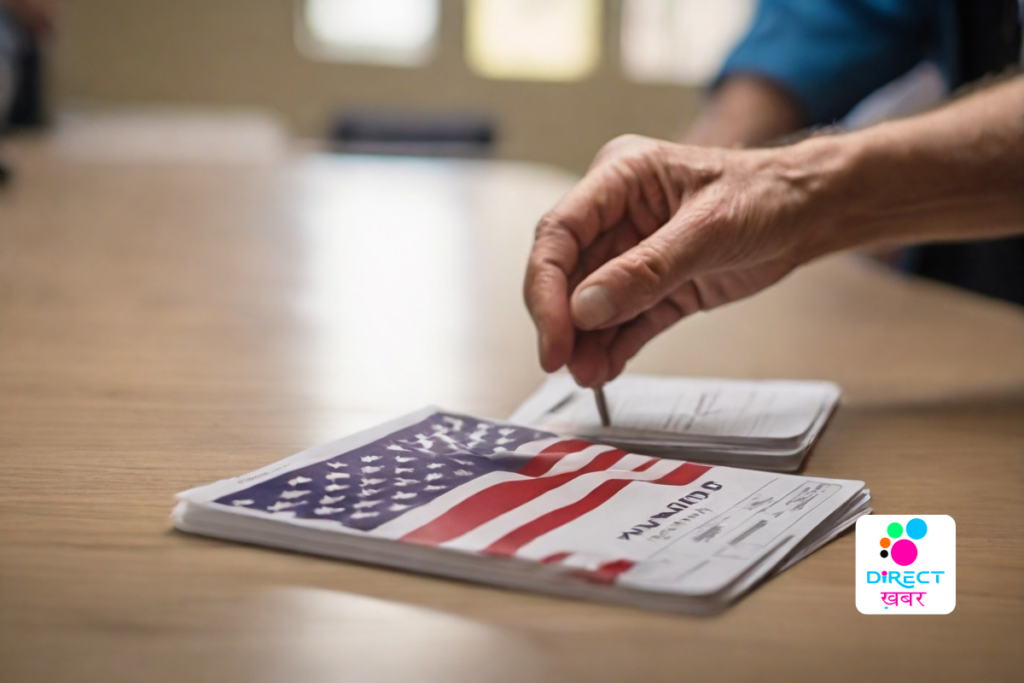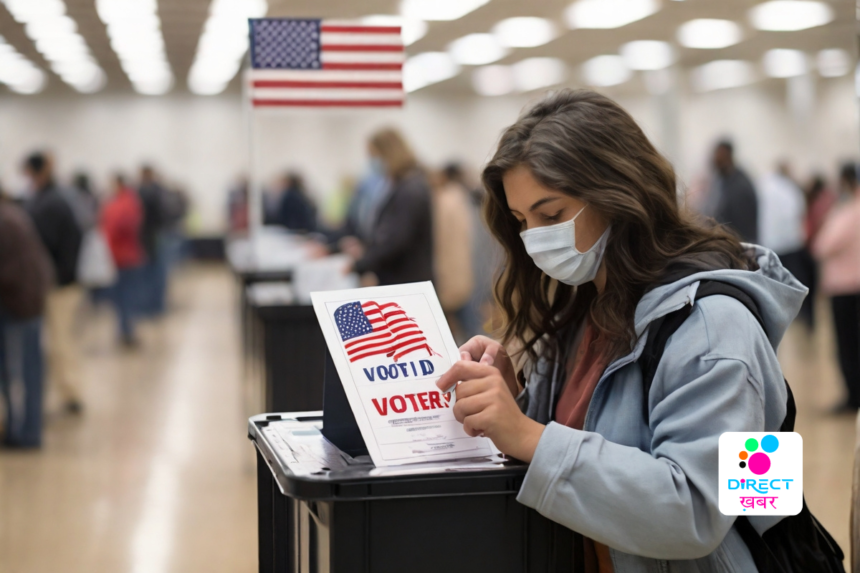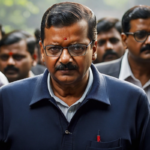Voter ID Lost? 11 Alternatives for 2024 Elections
The 2024 Lok Sabha Elections kick off on April 19th, covering approximately 102 constituencies across more than 20 states and Union Territories. It’s a crucial event where citizens exercise their right to vote, shaping the future of governance in India. Central to this democratic process is the Voter ID card, serving as a primary form of identification for voters.

However, the scenario of misplacing or being unable to locate one’s Voter ID card isn’t uncommon. To address this concern, the Election Commission of India has outlined eleven alternative documents that individuals can utilize to cast their votes in the upcoming elections.
One viable option is the Aadhaar Card, a widely recognized identification document in India. Additionally, individuals can present a passbook issued by a bank or post office, provided it includes a photograph issued by the respective institution.
Other alternatives include the MNREGA Job Card, which serves as proof of employment under the Mahatma Gandhi National Rural Employment Guarantee Act. Similarly, the Health Insurance Smart Card issued by the Ministry of Labour can be utilized for identification purposes at polling booths.

For those possessing a valid driving license or an Indian passport, these documents can also serve as substitutes for the Voter ID card. Furthermore, the Permanent Account Number (PAN) card is recognized as a valid form of identification for casting votes.
Smart Cards issued by the Registrar General of India under the National Population Register (NPR) and Service Identity Cards issued by government bodies or public sector entities are also accepted. Moreover, individuals holding official identity cards for Members of Parliament (MPs), Members of Legislative Assemblies (MLAs), or Members of Legislative Councils (MLCs) can use these documents for identification.
Lastly, the Unique Disability ID (UDID) Card issued by the Ministry of Social Justice and Empowerment is a valid alternative for individuals with disabilities.
It’s essential for voters to verify their inclusion on the official voter list before heading to the polling booth. Once confirmed, they can present any of the aforementioned alternative documents to exercise their voting rights effectively.

The availability of these alternative identification options ensures that eligible voters are not disenfranchised due to the unavailability of their Voter ID cards. This inclusivity strengthens the democratic process by allowing a broader spectrum of citizens to participate in shaping the nation’s future through their votes.






